Mazda’s $150 million investment in Thailand’s EV industry: A strategic move?
Mazda Motor Corporation has announced a 5 billion baht (US$150 million) investment in Thailand to produce electric compact sport utility vehicles (SUVs). This move aligns with the company’s goal of expanding its footprint in the electric vehicle (EV) market while supporting Thailand’s ambitions to become a regional EV production hub. The investment is set to facilitate the production of 100,000 units per year, with a focus on both domestic sales and exports to Japan and other ASEAN markets.
The announcement comes at a critical time for Thailand’s automotive industry, which has been grappling with a downturn. In 2024, the country’s car production fell 20%, reaching its lowest level in four years at 1.47 million units. Domestic auto sales also saw a significant decline of 26.2%, dropping to 572,675 units, a 15-year low. This decline was primarily attributed to stricter auto loan conditions and high household debt, which stood at 89% of Thailand’s GDP by the end of the third quarter of 2024.
Despite these challenges, the Federation of Thai Industries’ automotive group has projected a modest 2% increase in car production for 2025, setting a target of 1.5 million units. Of these, 1 million units will be designated for export, while the remaining vehicles will serve the domestic market. The anticipated recovery is largely driven by the government’s EV incentives and stimulus measures, which aim to boost demand and attract further investment.
Thailand has long been a key player in the global auto manufacturing sector, hosting production facilities for major automakers such as Toyota, Honda, and Mitsubishi. In recent years, the Thai government has aggressively promoted EV adoption and manufacturing, offering tax incentives and subsidies to encourage both foreign and domestic investment in the sector. This strategy has successfully attracted major Chinese automakers like BYD and Great Wall Motor, which have collectively invested over 102.7 billion baht in building EV production plants in Thailand.
The increasing presence of Chinese EV manufacturers has intensified competition in the market, leading to concerns about a potential price war. Chinese automakers, known for their cost-efficient production, have been aggressively expanding their EV market share in Thailand, posing a challenge to Japanese brands like Mazda. However, Mazda’s decision to ramp up EV production in Thailand signals its determination to retain and strengthen its position in the region’s evolving auto industry.
Beyond competition, another key factor influencing Thailand’s automotive landscape is the government’s ambitious EV roadmap, which aims for 30% of total vehicle production to be electric by 2030. The Thai government has introduced policies that include consumer subsidies, reduced import duties, and investment incentives to attract automakers and drive the transition toward sustainable transportation. Mazda’s investment aligns with this vision, reinforcing Thailand’s status as a leading EV manufacturing hub in Southeast Asia.
In addition to production targets, Mazda’s investment also underscores its commitment to innovation and sustainability. As the global shift toward EVs accelerates, automakers are under increasing pressure to reduce carbon emissions and adopt cleaner technologies. By establishing a dedicated electric compact SUV production line in Thailand, Mazda is positioning itself for long-term success in the EV market, both regionally and globally.
Mazda’s move could also have broader economic implications for Thailand. The automotive industry accounts for nearly 10% of Thailand’s GDP and provides thousands of jobs across the supply chain. A boost in EV production could help revitalize the sector, create employment opportunities, and attract further investments from automotive parts manufacturers and battery suppliers.
While Mazda’s investment is a positive development for Thailand’s EV industry, challenges remain. The country still faces infrastructure hurdles, such as charging station availability and grid capacity, which are crucial for widespread EV adoption. Additionally, global economic uncertainties and fluctuating raw material prices could impact production costs and profitability in the long run.
Overall, Mazda’s $150 million investment represents a strategic bet on Thailand’s EV future. As the country continues to position itself as Southeast Asia’s EV manufacturing powerhouse, investments from global players like Mazda will be crucial in shaping the industry’s growth and ensuring Thailand remains competitive in the rapidly evolving automotive landscape.

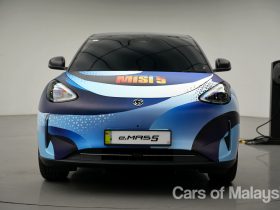
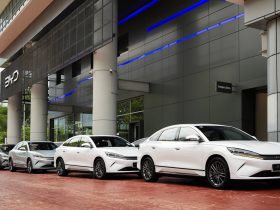
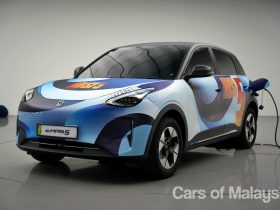
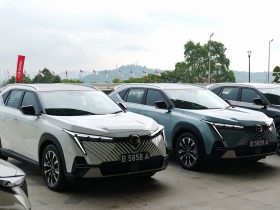

















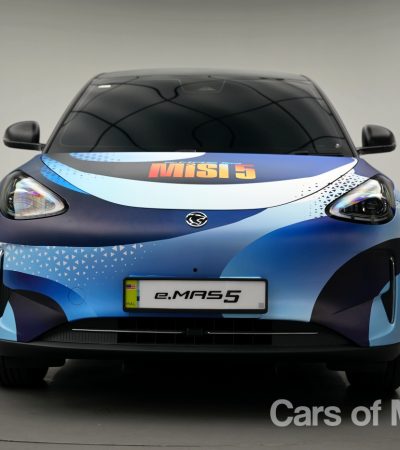
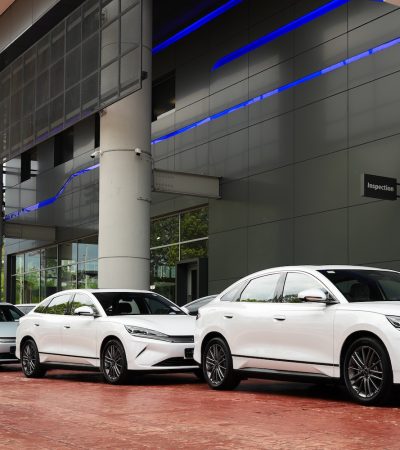
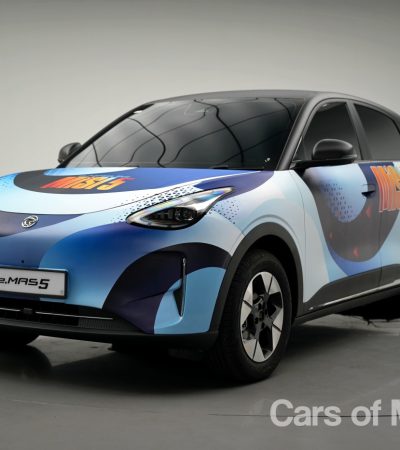
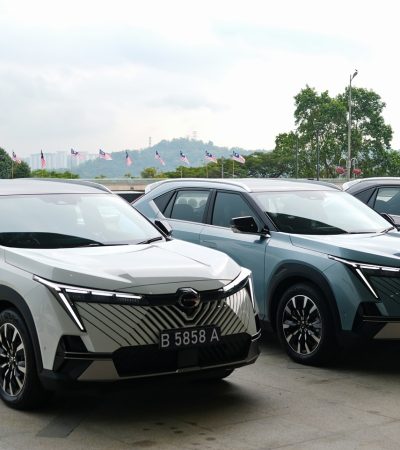


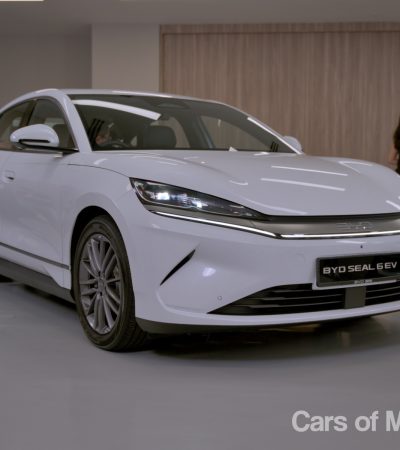



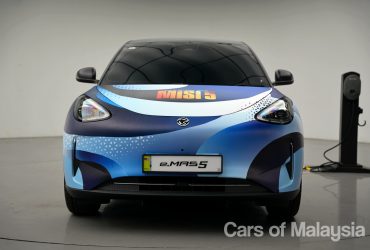
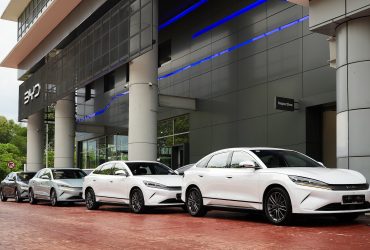
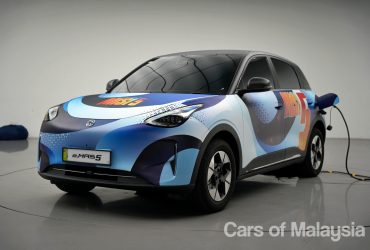
Leave a Reply